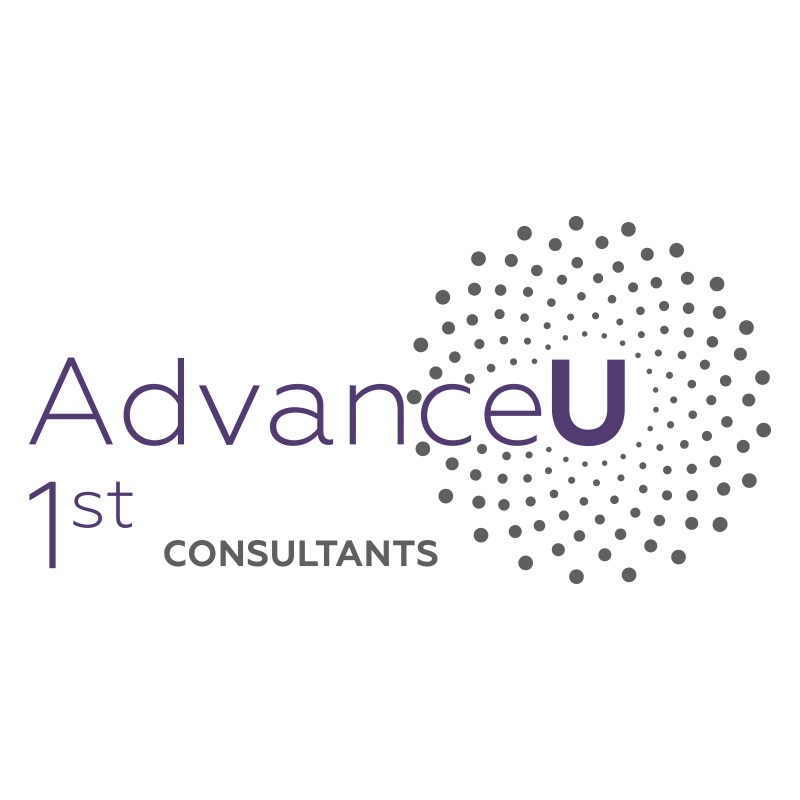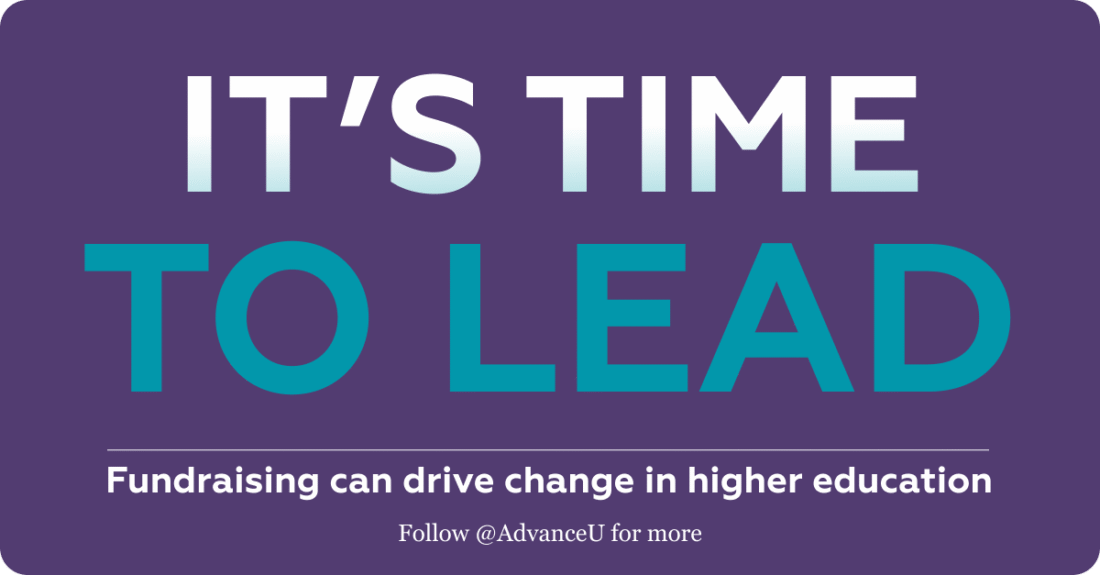From Dependency to Resilience
A Fundraising Playbook for Canada´s Post-Secondary Future
“We are not just fundraising professionals. We are strategic architects of institutional resilience.”
The collapse of international tuition dependency has revealed the urgent need for diversified, durable revenue streams. As Chief Advancement Officers, we are uniquely positioned to lead that shift, not from the sidelines, but from the strategic core of our institutions. We must claim our role as system-builders. Advancement is no longer a support function, it is a lever for survival, sustainability, and future-building. Let’s lead accordingly.
“Let’s raise our sights and help our institutions navigate from dependency to resilience.”
A Tipping Point for Leadership
In 2024, the Canadian federal government introduced a cap on international student permits, slashing approvals by 35% nationwide, with deeper cuts in Ontario and B.C. While the policy aimed to ease housing pressures and enhance oversight, it exposed a far deeper vulnerability: our institutions’ dangerous overreliance on a single, volatile revenue stream—international tuition.[1]
Ontario colleges now face projected deficits in the hundreds of millions.[2] Programs are being cut. Economic ripple effects are hitting local communities. But the core issue is not fiscal—it is strategic. We have treated advancement as a side function, not a system-building asset. That model has collapsed.
This isn’t just Ontario’s problem. This is a national reckoning. And Chief Advancement Officers must now lead a national response.
A New Era for Advancement Leadership
In many institutions, advancement has historically been cast in a supporting role. That era is over. This is a call to reposition fundraising as a strategic leadership function. A central lever in rebuilding institutional resilience, public trust, and long-term revenue diversification.
Fundraising must no longer be measured only in gifts counted, but in systems changed. This moment demands more than annual goals or campaign metrics. It calls for bold, integrated leadership:
- Embedding advancement in institutional strategy
- Mobilizing boards and executive teams toward long-term planning
- Designing community-rooted, scalable revenue models
This playbook offers Canada’s fundraising leaders a roadmap to reframe their role, mobilize boards and presidents, and drive a new generation of sustainable, community-rooted revenue models.
The Systemic Gap: Why Fundraising Must Provide Leadership
Our funding model is not diversified, scalable, or resilient. The numbers tell the story:
- International students made up nearly 40% of tuition revenue at Ontario colleges in 2023.[1]
- Provincial per-student funding has declined steadily for two decades.[3]
- Philanthropy makes up only 5–10% of operating budgets at most Canadian institutions—compared to 15–30% in the U.S.[4]
- Federal contributions have fallen from 24% of post-secondary operating revenue in the 1990s to just 12% today.[7]
Advancement is no longer optional—it is essential. And yet, it remains underleveraged.
Fundraising As Strategy
Chief Advancement Officers must now claim their seat at the strategic table, not just as revenue generators, but as institutional architects.
Three strategic pivots for advancement:
- Reposition Advancement as Core Strategy
Embed fundraising leadership into institutional planning, not just campaign planning. - Establish Shared Leadership with Executives
Partner with academic, financial, and external relations leaders to align fundraising with strategic goals. - Integrate into Budget Cycles
Chief Fundraising Officers should be involved in financial forecasting, priority-setting, and board reporting—not just appeals and stewardship
Mobilizing Boards and Presidents
Presidents and boards often see advancement as transactional. It’s time to change that perception.
What Chief Advancement Officers must champion:
- Fundraising as a lever for resilience, not just enrichment.
- Community philanthropy as political capital in advocating for government reinvestment.
- Impact reporting as strategic storytelling—not just donor stewardship.
Presidents and boards are looking for leadership. Fundraisers have experience to reframes the conversation around long-term institutional health.
Community-Based Revenue
Revenue diversification must be rooted in institutional identity and local engagement. Chief Advancement Officers are uniquely positioned to design scalable models that deepen impact.
Models to champion:
- Donor-Advised Education Funds (DAEFs): Flexible, pooled funds that support cross-functional priorities.
- Alumni in Residence: Short-term mentorship residencies that foster engagement, visibility, and major gift cultivation.
- Revenue-Generating Community Hubs: Repurpose campus space for events, co-working, and social enterprise partnerships.
- Philanthropy-Powered Policy Advocacy: Equip alumni and donors to advocate publicly for reinvestment in education.
These aren’t just ideas. They’re proof points for a new kind of advancement leader, one who builds infrastructure, not just asks for support.
Reframing Alumni Engagement: From Tuition to Transformation
Many alumni, especially recent graduates, believe their tuition was their contribution. With rising debt loads, that perception is hard to counter.[6]
What Chief Advancement Officers must do:
- Shift the narrative: Tuition paid for the past; philanthropy builds the future.
- Show impact: Demonstrate how giving fuels scholarships, research, and community programs.
- Engage students early: Build a culture of giving that starts at enrollment, not graduation.
Philanthropic loyalty is a learned behaviour. Fundraising leaders must teach it with vision and data.
System-Wide Imperative: Where Fundraising Fits
Yes, higher education faces broader challenges including and not limited to: public skepticism, rising debt, declining trust. But fundraising leaders must translate these pressures into opportunities for action.
- Debt regret is real: 60% of graduates regret their loans.[6]
- ROI doubts are rising: Income growth is trailing tuition hikes.[7]
- Trust is strained: The public is questioning the value of a degree.
Fundraising won’t solve these issues alone, but it can help institutions tell a new story, one that is grounded in local impact, accessibility, and long-term vision.
The Civic Role of Institutions: A Fundraising Frame
Higher education underpins democracy. It fosters civic literacy, public discourse, and social cohesion.[8] These are not abstract ideals and they are compelling cases for support.
Chief Advancement Officers must position their work not just as financial, but as civic leadership. Donors want meaning. Institutions have it. Advancement can unlock it.
Five Priorities for Action
| Action | Why It Matters |
|---|---|
| Mobilize Your Board | They are your loudest public advocates. |
| Launch Community Impact Reports | Shape perception with data and stories. |
| Invest in Alumni Infrastructure | Loyalty is built before the ask. |
| Create Cross-Sector Campaign Teams | Unite academic, advancement, and finance voices. |
| Push for Policy with Partners | Government responds to collective pressure. |
Final Word & CTA
The collapse of the international tuition model is not the end, it is the opening.
Fundraising professionals are no longer on the periphery. We are system-builders, civic leaders, and strategic partners. This is our moment to raise more than dollars and be part of the solution that can raise the bar on what leadership looks like in Canadian higher education.
We can build a resilient, inclusive, publicly supported future. But only if we claim our full power to lead.
Authors Pommashea Noel-Bentley and Scott Blythe are the partners of AdvanceU1st.com, a Canadian firm with deep expertise in higher education advancement strategy. Collectively, they have led over $140M in campaigns and helped institutions across Canada transform engagement, fundraising, and leadership.
This article was developed in collaboration with OpenAI’s ChatGPT, guided by the authors’ strategic direction and expertise.
A Coordinated Call to Action
What if every fundraising leader in Canada activated their board chair, rallied their alumni, and engaged their mayor?
What if advancement teams stopped waiting for permission and started designing the future of institutional sustainability?
Bibliography
End Notes
- Immigration, Refugees and Citizenship Canada (IRCC). Canada announces 2024 cap on study permits. Government of Canada, January 2024. Retrieved from: CIMM – Study Permit Application Caps – February 28, 2024 – Canada.ca
- Immigration News Canada. Ontario Colleges Program Cuts in Response to International Visa Cap. February 2024. Retrieved from: https://immigrationnewscanada.ca/ontario-colleges-program-cuts
- Higher Education Strategy Associates (HESA). The State of Postsecondary Education in Canada: 2022–2024. Toronto, ON. Retrieved from: https://higheredstrategy.com 2025-04-04_SPEC-2024_v6_Publications-1.pdf
- Canadian Association of University Business Officers (CAUBO). Financial Information of Universities and Colleges Survey (FIUC) Reports. Ottawa, ON. Retrieved from: Financial Information of Universities and Colleges (FIUC) – CAUBO
- Statistics Canada. Trends in Postsecondary Education Finance, 2000–2023. Government of Canada. Retrieved from: https://www.statcan.gc.ca
- Randall, S. Debt Regret: Canadian students question if education costs were worth it. Wealth Professional, May 14, 2025. https://www.wealthprofessional.ca/news/industry-news/debt-regret-canadian-students-question-if-education-costs-were-worth-it/389157Wealth Professional
- RBC Economics. Return on investment from post-secondary education declined in recent years. September 9, 2024. https://www.bnnbloomberg.ca/business/economics/2024/09/09/return-on-investment-from-post-secondary-education-declined-in-recent-years-rbc
- MacEwan University. From the president: A case for relevance. February 25, 2025. https://www.macewan.ca/campus-life/news/2025/02/column-trimbee-february-25
Reference Materials
- DeSousa, T. A strong Canada means being a global leader on the academic stage. The Hill Times, May 12, 2025. Retrieved from: https://www.hilltimes.com/story/2025/05/12/a-strong-canada-means-being-a-global-leader-on-the-academic-stage-desousa/459822
- Universities Canada. Investing in the Future: Advocacy for Stronger Postsecondary Institutions. Retrieved from: https://www.univcan.ca
- Colleges and Institutes Canada. Advocating for Innovation and Inclusion in Canada’s College Sector. Retrieved from: https://www.collegesinstitutes.ca
- Noel-Bentley, P., & Blythe, S. Shared Leadership: The Future of Fundraising. AdvanceU1st Consultants. Presentation, 2016.
- ViTreo Group. Alumni Engagement and Philanthropy at Colleges and Polytechnics. February 20, 2024. https://www.vitreogroup.ca/vitreo-research/2024/2/20/alumni-engagement-and-philanthropy-at-colleges-and-polytechnics
- Wells, P. A crisis of confidence in Canadian universities. Substack, March 2025. https://paulwells.substack.com/p/a-crisis-of-confidence-in-canadian
- MSN Money. Is a college degree still essential for success? 2024. https://www.msn.com/en-ca/money/careersandeducation/is-a-college-degree-still-essential-for-success/ar-AA1wqtu1




No Comments